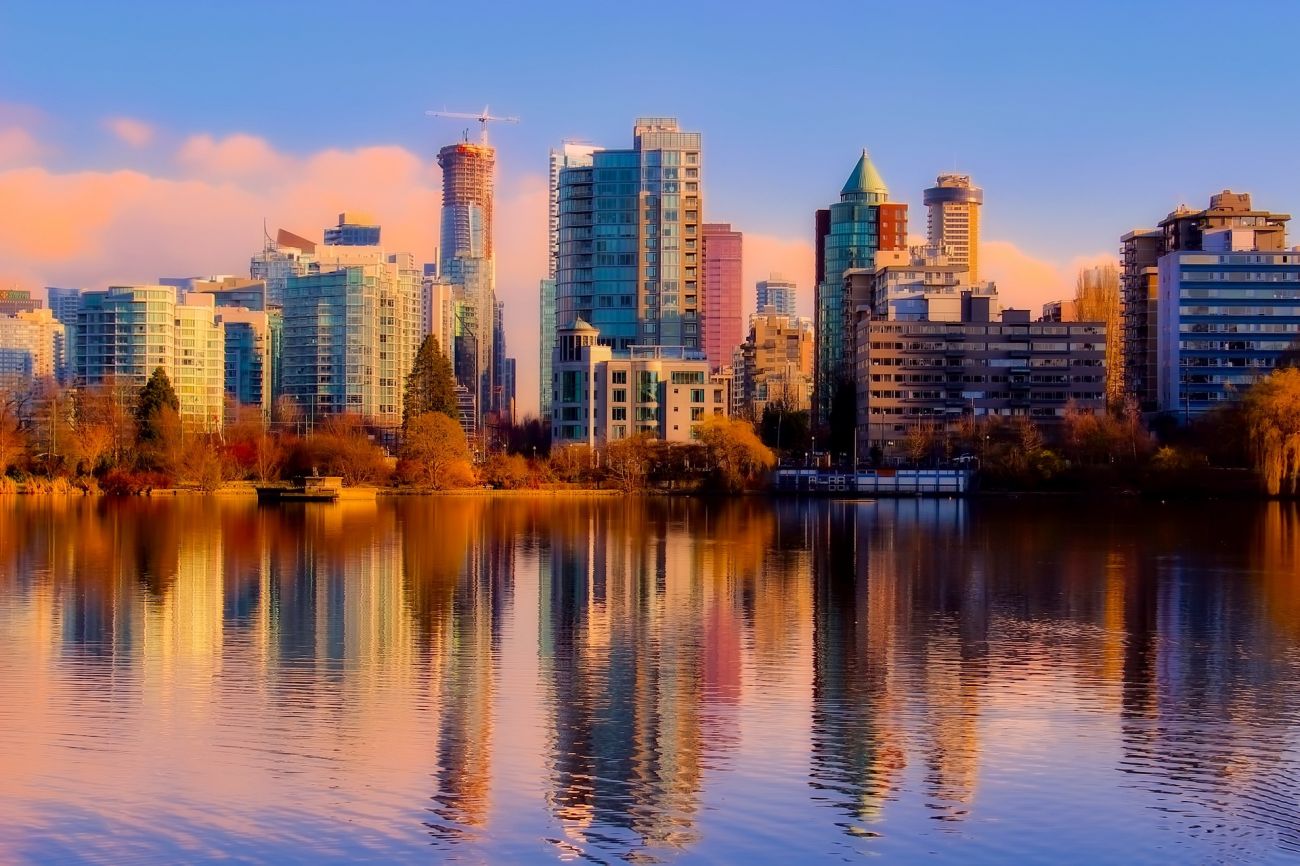How can I rank high in other cities?

Q: How can I rank high in cities other than where I am located?
A: In short: Add location specific pages. Seek local links and engage your reviewers consistently.
This is a common issue that plagues small businesses across the globe. The truth is, when Google thinks local, it thinks brick-and-mortar places of business where clients do their shopping. They don’t consider that you may go to your clients, or that you may serve clients over an extended area as an afterthought.
And therefore, increasingly, Google has shortened the leash in terms of local business areas. While nominally they allow you to define areas of service, and even hide the actual business address, such setup has little influence over your rankings, and these will revert to your address as the focal centre for your area of "rank-ability". So, it’s tough to rank well outside the area where your business is physically located.
This goes even further: if yours is a competitive industry, being located away from the centre of your city will make it hard to rank in keywords combos that refer to said city.
Finally, a year ago, they officially wrote this practice into what they call the "vicinity update".
So what do you do, when you aren’t located where the bulk of your customers are coming from?
I recently read an article where the writer had no qualms in expressing his opinion: "make sure you open stores on each of your target locations". An expensive way to operate, if you ask me - and one that is well beyond the operating budget of small business owners.
But you know your reality. You do have clients across your area of business - why not turn them into your witnesses?
One way to convince Google that your business concerns in certain locations are real is to maintain an online presence in that area. If your client's have websites and an established local presence, ask them for links. If you finish a job in such and such location, document it, write about it, making sure you explicitly name its place. Not just in the text, but also in the attribute of your images and videos.
The best way to integrate this material in your website is by building location specific pages. These pages should hold content that is relevant to the locations themselves in relation to your desired keywords. Ideally, you can follow the standard content with the local client content mentioned above.
Use your galleries in this way as well. No longer you should write about a whatchamacallit you installed - from now on it needs to be a whatchamacallit you installed in such and such place.
But do not just keep it in your website. Make sure you link these pages to your Google Business property by means of linked excerpts.
If you can, try to obtain links from the various local associations, or local business directories. Use ratings sites like Yelp or Zomato, as well as Google and Facebook reviews. Actively seek reviews and engage with the reviewers in a positive way.
Finally, another word on the previous comment: ALWAYS engage. Be polite, be charming, be generous with your clientele, and mostly be continually active on answering all comments, critiques and even roasts from your reviewers. Google closely monitors your level of engagement with your reviewers and uses it as an important marker for local rankings.
